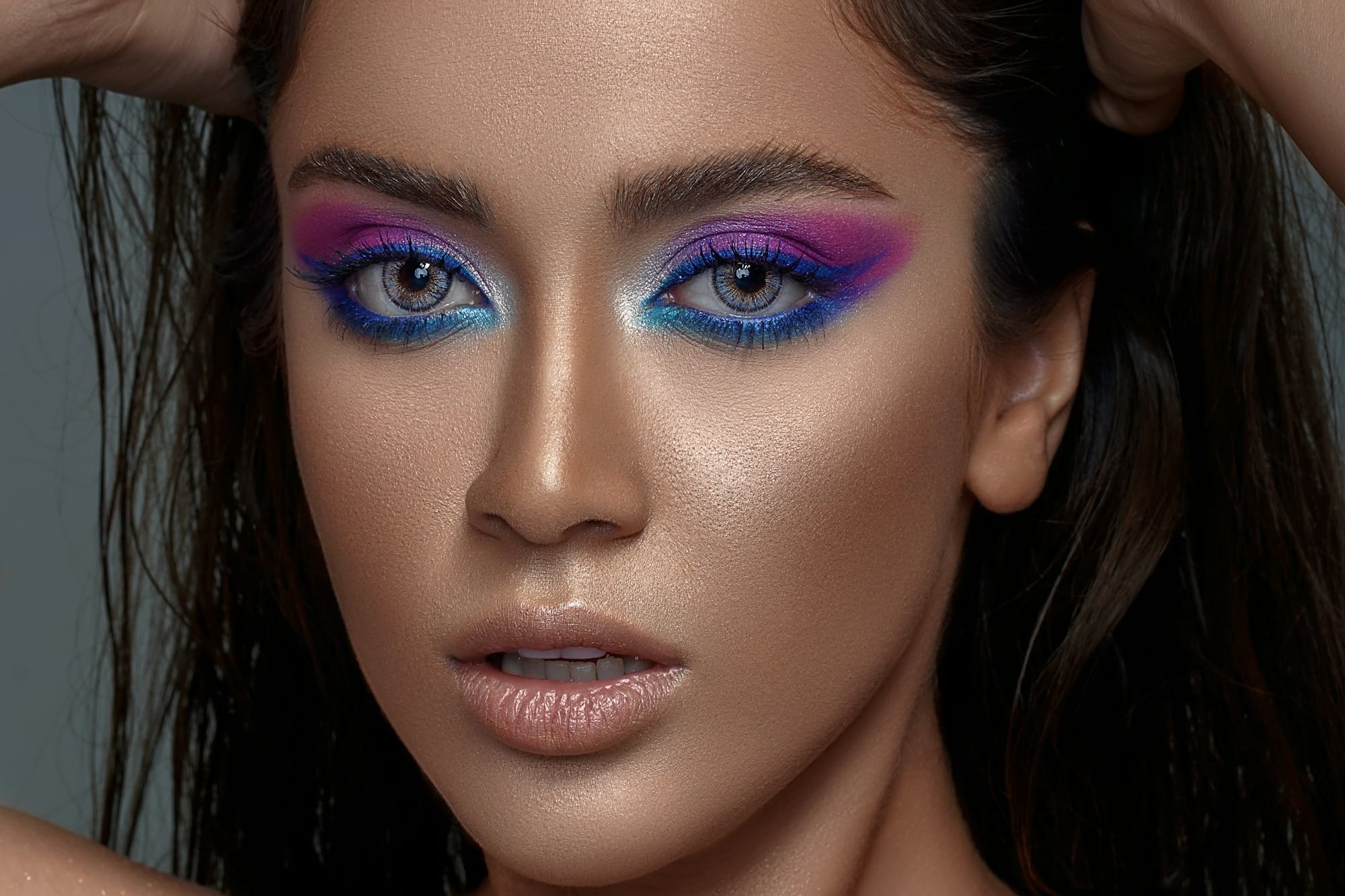The cosmetics industry is a thriving and highly competitive market. With the rise of e-commerce, many cosmetic brands are turning to platforms like Shopify to reach a global audience and boost their sales. This article explores the advantages of using Shopify for cosmetics sales, key features of the platform, regulatory considerations, marketing strategies, and examples of successful cosmetic brands on Shopify.
Why Choose Shopify for Cosmetics Sales?
Shopify is an ideal platform for selling cosmetics due to its user-friendly interface, extensive customization options, and powerful sales tools. Here are some key reasons why cosmetics brands choose Shopify:
- Ease of Use: Shopify’s intuitive interface makes it easy for businesses to set up and manage their online store without requiring extensive technical knowledge.
- Customizable Storefronts: With a wide range of themes and design options, businesses can create a visually appealing and unique online presence that reflects their brand identity.
- Scalability: Shopify supports businesses of all sizes, from small startups to large enterprises, allowing for seamless scalability as the business grows.
- Integrated Payment Solutions: Shopify provides secure and diverse payment options, making it convenient for customers to complete their purchases.
- Comprehensive Analytics: Detailed analytics and reporting tools help businesses track sales performance, customer behavior, and marketing effectiveness.
Key Features for Cosmetics Businesses on Shopify
- Product Management: Shopify allows businesses to manage their product catalog efficiently, including inventory tracking, variants (such as shades and sizes), and detailed product descriptions.
- SEO and Marketing Tools: Shopify’s built-in SEO features and marketing tools help businesses improve their online visibility, drive traffic, and convert visitors into customers.
- Customer Reviews: Integrating customer reviews and ratings can enhance trust and credibility, influencing purchasing decisions.
- Subscription Services: For products that customers regularly use, such as skincare or makeup, Shopify supports subscription services, providing a steady revenue stream.
- Mobile Optimization: With a significant portion of online shopping done on mobile devices, Shopify ensures that stores are mobile-friendly and provide a seamless shopping experience.
Regulatory Considerations
Selling cosmetics involves adhering to various regulations to ensure product safety and compliance. Key regulatory considerations include:
- Ingredient Disclosure: Products must list all ingredients clearly on the packaging and product listings.
- Safety Standards: Ensure that products meet safety standards set by regulatory bodies such as the FDA in the United States.
- Labeling Requirements: Follow labeling guidelines, including usage instructions, warnings, and expiration dates.
- Claims and Advertising: Avoid making false or misleading claims about the benefits of the products.
Marketing Strategies for Cosmetics on Shopify
- Social Media Marketing: Leverage platforms like Instagram, Facebook, and TikTok to showcase products, engage with customers, and collaborate with influencers.
- Content Marketing: Create valuable content such as blog posts, tutorials, and skincare tips to attract and educate potential customers.
- Email Campaigns: Use email marketing to inform customers about new product launches, promotions, and special offers.
- Search Engine Optimization (SEO): Optimize product listings and content to improve search engine rankings and drive organic traffic.
- Paid Advertising: Invest in targeted ads on social media and search engines to reach a broader audience and boost sales.
Examples of Successful Cosmetic Brands on Shopify
Kylie Cosmetics: Kylie Cosmetics, founded by Kylie Jenner, is a prime example of a successful cosmetics brand on Shopify. The brand uses Shopify’s platform to manage its high-traffic online store, offering a wide range of makeup products. The store’s sleek design, coupled with effective marketing campaigns and influencer collaborations, has contributed to its massive success.
Glossier: Glossier, a well-known skincare and makeup brand, utilizes Shopify to create a minimalist and user-friendly online shopping experience. The brand’s emphasis on customer reviews, detailed product descriptions, and social media engagement has helped build a loyal customer base.
Fenty Beauty: Fenty Beauty by Rihanna is another major player in the cosmetics industry using Shopify. The brand’s inclusive product range and innovative marketing strategies, including collaborations and user-generated content, have driven significant online sales.
Final Thoughts
Selling cosmetics on Shopify offers businesses a powerful platform to reach a global audience, manage their operations efficiently, and scale their business. With its user-friendly interface, customizable design options, and robust sales tools, Shopify is well-suited for the dynamic and competitive cosmetics market. By adhering to regulatory requirements, leveraging effective marketing strategies, and utilizing Shopify’s features, cosmetic brands can achieve significant success in the e-commerce space.








